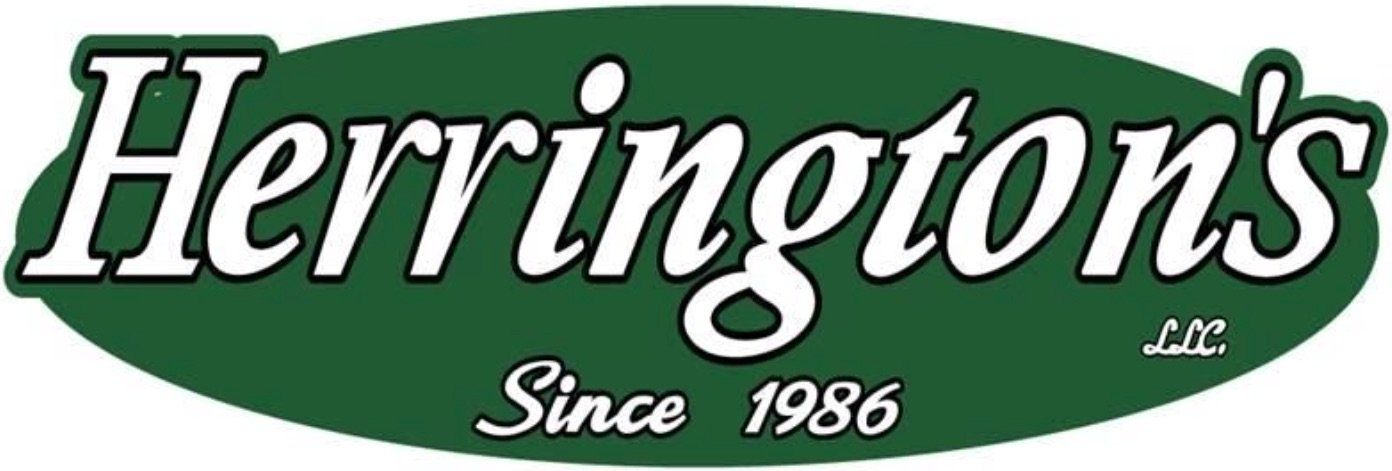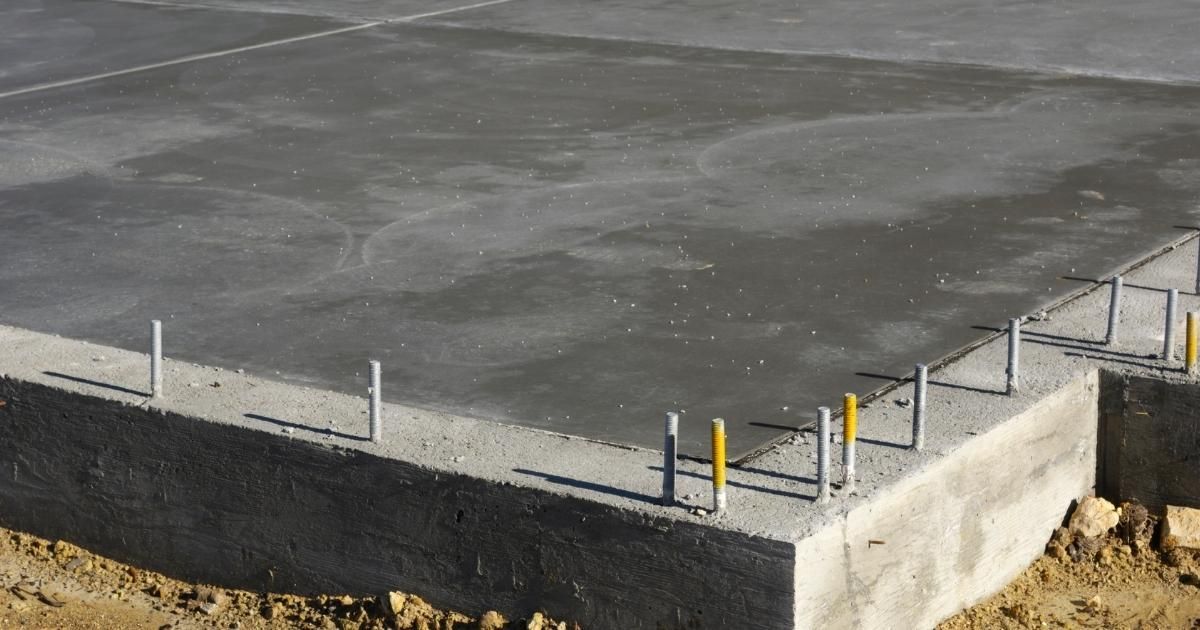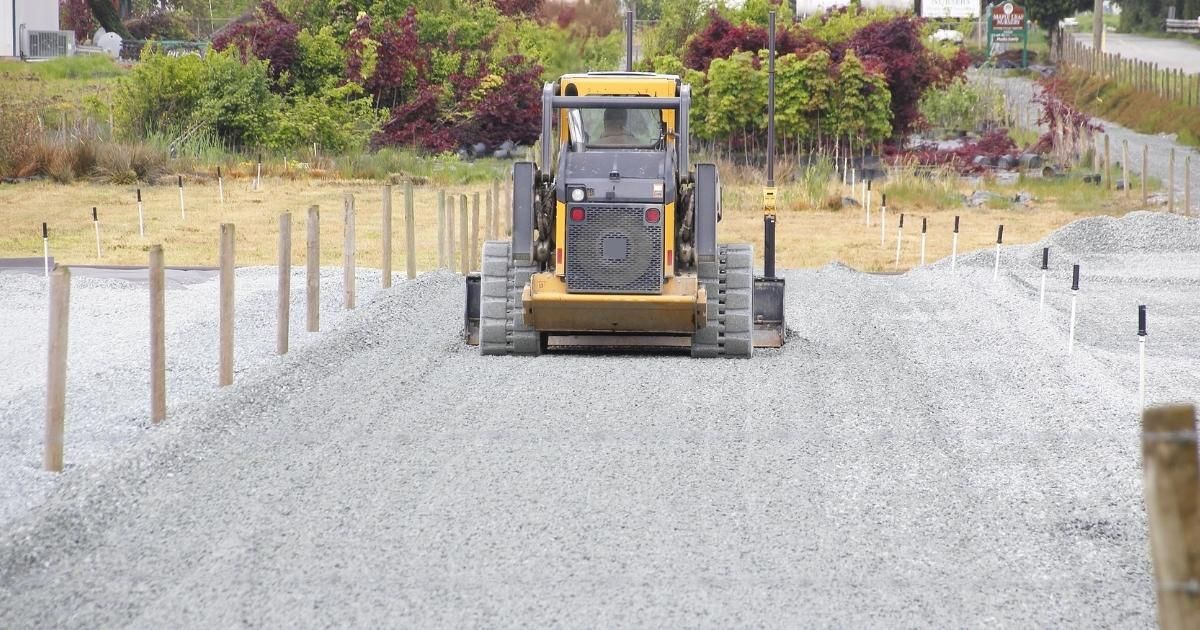Heavy Rain and Septic Systems: Here's What You Need to Know
How Does Heavy Rain Affect a Septic System?
In South Carolina rain and septic systems are a regular part of life. And while septic systems are designed to handle large amounts of rain, there are times when it really downpours and your septic system can be overtaxed. When this happens, it’s wise to understand what’s going on with your septic system when heavy rains persist. The overflow can overwork your system potentially causing damage and other long-term problems, especially if your system hasn’t been regularly maintained.
Despite the unavoidable situation of heavy rain and septic systems, if you can understand how the overflow will affect your septic system, you’ll have a greater chance of avoiding these problems. Read on to learn how you can protect your system to avoid septic problems after heavy rain and save yourself some money in the long run.
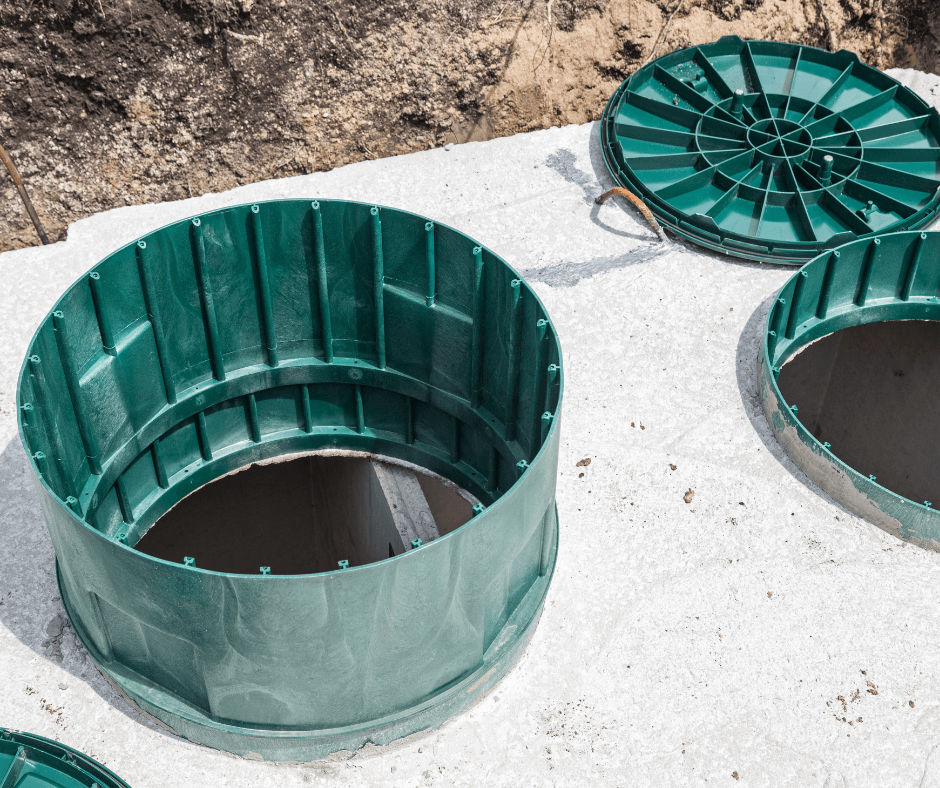
What to Expect from Heavy Rain and Septic Systems
The most common problem area for septic systems is in the drain field, the area that’s directly exposed to the weather elements. But in order to fully protect your septic system, you’ll need to understand how excessive rains impact the entire septic system. These three areas have the potential to cause septic problems after heavy rain.
Rain Water Causes Excess Waterflow to Your Septic System
Most septic tanks are designed to hold a certain amount of wastewater. Though when rainwater combines with wastewater, the system will end up holding much more than it’s meant to handle. When this happens, the tank will fill up quickly which can lead to water backing up in your drains and potentially overflowing the drain field. A foul odor in your yard or standing puddles are signs of septic tank overflow.
Septic Tank Back Up and Overflow
Most septic tanks are designed to hold a certain amount of wastewater. Though when rainwater combines with wastewater, the system will end up holding much more than it’s meant to handle. When this happens, the tank will fill up quickly which can lead to water backing up in your drains and potentially overflowing the drain field. A foul odor in your yard or standing puddles are signs of septic tank overflow.
Groundwater Could Contaminate Your Pure Water
When septic and drainage systems are working like they should, they replenish nearby water sources with purified water. But when the drain field is saturated, the ground will have a difficult time keeping up. The waste in the groundwater begins to accumulate and rather than pure water filling up streams and other bodies, the wastewater ends up contaminating them.
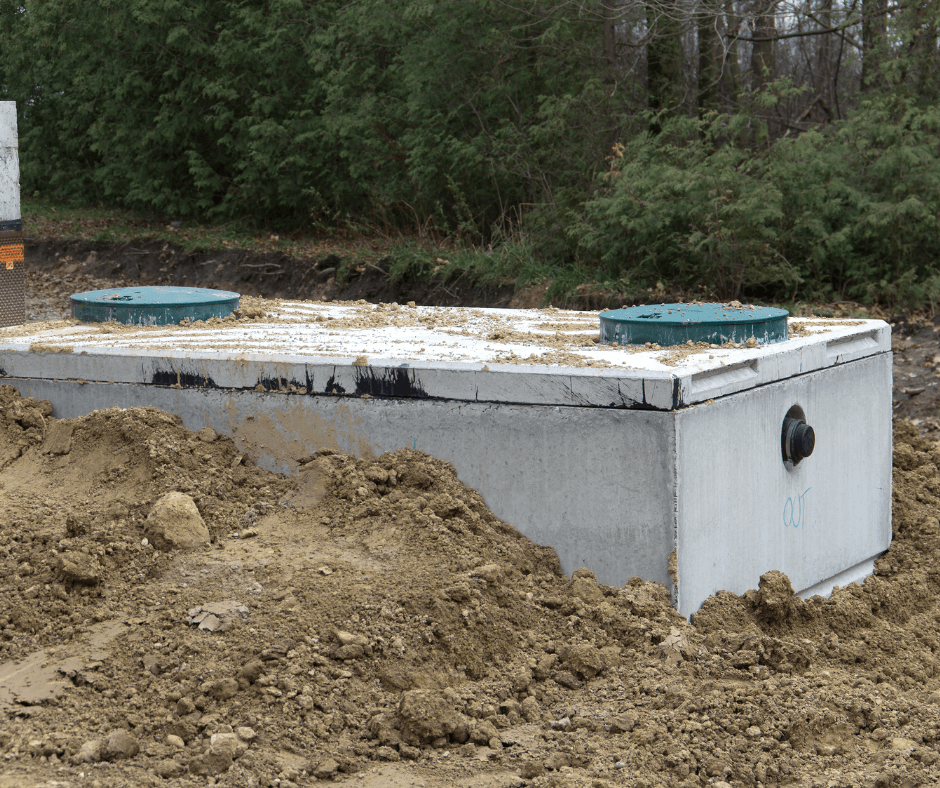
How to Prepare Your System to Avoid Septic Problems after Heavy Rain
Now you better understand the complications when dealing with heavy rain and septic systems. The good news is there are steps you can take to help reduce the risk of septic system problems caused by heavy rainfall and overflow. Here are several steps you can take before and during the rainy seasons.
- Schedule Regular Septic Maintenance. Regular inspections and having your system pumped by a professional will help catch potential complications early and keep your system in good working order. So, when the rains come, your system will be prepared to handle it better.
- Be Careful of What Goes Down Your Drain. There are many contaminants that aren’t meant to go down your drain. Avoid putting fats, grease, oil, or other chemicals, such as gasoline, paint thinners, and bleach, down any drains in and around your home and property.
- Only Flush What’s Meant to be Flushed. Toilets and septic systems are designed to handle and break down human waster and toilet paper ONLY. Avoid flushing items such as paper towels, baby wipes, diapers, feminine hygiene products, medication, hair, etc.
- Water Conservation. When extra rainfall is coming down around your home, this is a great time to conserve water from inside your home. Take shorter showers, put off the laundry and dishwasher a bit till the rain subsides and the ground absorbs what’s there.
- Redirecting Runoff Water. Be conscious to direct the waterflow around your home. Make sure gutters and landscaping direct water in such a way as to not allow runoff to combine with wastewater.
- Keep the Drain Field Unencumbered. If soil gets compacted, it will have a difficult time absorbing and purifying wastewater. Avoid parking or driving vehicles or other machinery on the drain field.
Experiencing Septic Issues in Galivants Ferry, SC? Herrington's LLC Has Got You Covered!
No matter when it happens or why, septic tank and septic system problems can be stressful. If you’re having septic problems after heavy rain or want to avoid potential problems, call the experienced technicians at Herrington’s LLC and we can keep your septic system functioning well.
The rains will come, but they don’t have to get you down! Call 843-358-6251 or message us online to schedule an appointment today!


